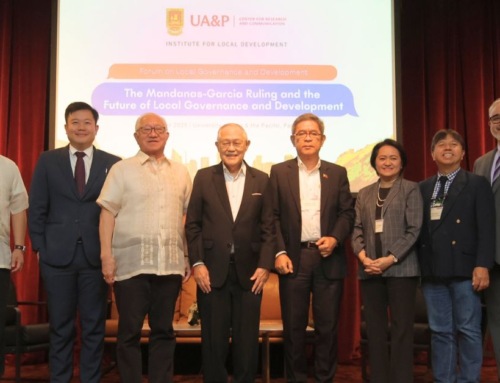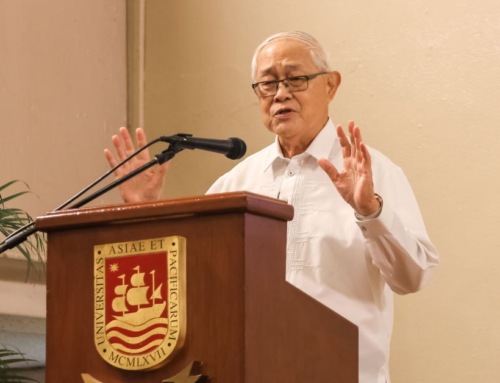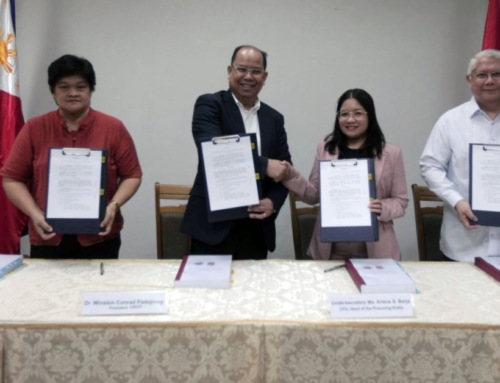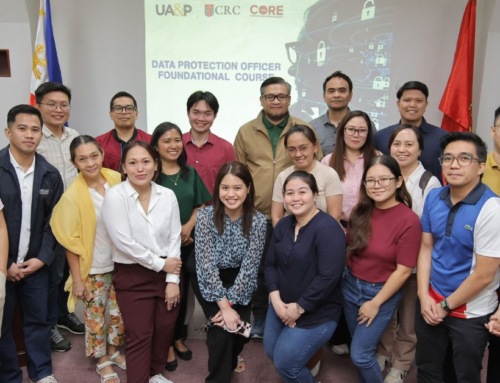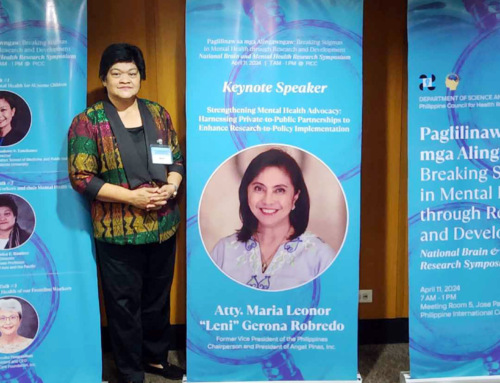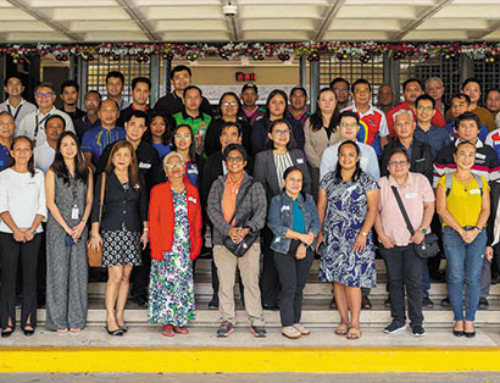This article was originally uploaded at 2019-10-18 17:53:27
Legislation in the Philippines can sometimes be a strange and arduous process. And it takes a conscientious effort on the part of stakeholders to make the system work. Republic Act (RA) 11364 – the Cooperative Development Authority Charter of 2019 – is no exception.
Signed last August 8, 2019, the new law updates the Charter which first created the Cooperative Development Authority (CDA) in 1990, about 11 years late considering the passage of an updated Philippine Cooperative Code in 2008.
“Twin” laws finally catching up with each other.
On March 10, 1990, former Philippine president Corazon Aquino signed two “twin” pieces of legislation related to cooperatives into law – RA 6938, which put the Philippine Cooperative Code of 1990 in place; and RA 6939, which was the Cooperative Development Authority Charter of 1990. Both were meant to “foster the creation and growth of cooperatives as a practical vehicle for prompting self-reliance and harnessing people power towards the attainment of economic development and social justice” – a principle enshrined in Section 15 of the Philippines’ 1987 Constitution.
But while RA 9520 updated the Cooperative Code in 2008, its companion law remained untouched. And for 11 years, the Cooperative Development Authority had to uphold an updated Cooperative Code while operating under an out-of date Charter.
Implementing Rules and Regulations.
Now that RA 11364 has finally updated the CDA Charter, one final process needs to be addressed.
Before a law goes into effect, the agency tasked with implementing it needs to craft a set of Implementing Rules and Regulations (IRR) which will determine how the new law will be enforced on a day-to-day basis.
At this critical point, it’s important for all the stakeholders of the law – including the industry players, the academe, policy agencies, advocacy groups, and the implementing government line agencies – to be able to have inputs on the IRR so that the law can be implemented fairly and smoothly.
And because cooperatives are the stakeholders who will be most affected by the new charter, a team under the supervision of Mr. Bienvenido Nito, under the auspices of UA&P’s Leo Parma Professorial Chair on Social Entrepreneurship (PC-SE), is organizing a Co-Operatives Forum on The Prospects and Implications of the Cooperative Development Authority Charter of 2019 on November 13, 2019.
Cooperatives and the Professorial Chair on Social Entrepreneurship.
Funded by Mr. Leo Parma and lodged at the Center for Research and Communication, the Professorial Chair enables a number of UA&P professors to undertake a wide range of research focusing on how economics and business can–without losing their predominant concerns on getting the maximum material benefits from relatively scarce resources–still be instruments for attaining societal goals. Cooperatives have always been an important area of focus for the PC-SE.
Some of the most recent PC-SE activities linked to cooperatives include doing research on “Worker Cooperatives as a Solution to the Issue of Contractualization in the Philippines”, which was presented at the 12th International Cooperative Alliance-Asia and Pacific Regional Cooperative Research Conference held in Seoul, Republic of Korea in November 2017; organizing a December 2017 seminar on Managing DOLE Compliance for Worker’s Cooperatives; and organizing a 2018 Research Conference on Cooperatives, titled “Mobilizing Cooperatives in Pursuit of Sustainable Development Goals.” Dr. Bernardo Villegas, who is the current holder of the Professorial Chair, also regularly promotes cooperatives and cooperativism in his regular columns for national dailies.
Changes to the charter and impacts on stakeholders. The upcoming forum will focus on changes to the CDA Charter, and how cooperatives, who are the primary stakeholders, will be affected by changes such as expansion of powers and the reorganization of the CDA; the creation of “apex organizations” for various clusters of cooperatives; and mandating the CDA to collaborate with other agencies and local government units.
The expansion of the CDA’s powers mostly involves the granting of quasi-judicial powers, allowing the CDA to serve as an adjudicating body which could quickly resolve intra and inter-cooperative disputes. Members and officers of cooperatives can now be “disciplined, suspended, and/or removed and charged in court for violation of co-op laws, rules, regulations, CDA issuances, or of the co-op’s own articles and bylaws.” The CDA will also be able to issue cease and desist orders, and to issue orders and notices to preserve assets and documents in case of disputes or litigation.
The way the new charter changes the organization of the CDA will also have a significant impact on stakeholders. The CDA currently has a Board of Administrators made up of two representatives each from Luzon, Visayas, and Mindanao. To help make CDA more responsive to the needs of cooperatives, this will be replaced by a board of six directors, each of whom will each represent one of six clusters of cooperatives: financial services; customer, marketing, producers and logistics; human services; education and advocacy; agriculture; and public utilities. In addition, the CDA’s board, which currently performs administrative and managerial functions, will be transformed into a strictly policymaking and adjudicating body. Their managerial functions will be turned over to an administrator, whose functions will be similar to those of an Executive Director in other government agencies.
The creation of “apex organizations” in the new charter is actually a response to a clamor in the cooperative sector for the CDA to recognize sectoral organizations and national alliances of cooperatives. These organizations will facilitate communication between the cooperatives and the CDA, facilitating cooperatives’ efforts to coordinate with the CDA, and CDA’s efforts to consult with cooperatives.
Another major change is that the collaboration of the CDA with other government agencies used to be limited. Under the new charter, they will be mandated to coordinate with government line agencies, local government units, and other sectors such as the academe. For example, there have been initiatives to integrate degrees and/or courses about cooperatives in the curricula of State Universities and Colleges (SUCs), as well as in the Department of Education’s K to 12 curriculum.
The Co-Operatives Forum on the Prospects and Implications of the Cooperative Development Charter of 2019 will be held on November 13, 2019 from 1:00 PM to 5:30 PM at the Dining Hall of the University of Asia and the Pacific in Ortigas Center. There will be a registration fee of PhP 500.00 to cover expenses. • /CRC / Remi E. De Leon with reports from Clarisse Faith Buday
———————————————
The Center for Research and Communication (CRC) is a research and consultancy group that partners with the University of Asia and the Pacific (UA&P), drawing upon UA&P’s considerable human and knowledge resources to meet the research needs of businesses and development agencies throughout the Philippines. To find out more about CRC’s work and its various researchers and consultants, you can contact Communications Officer for Research, Mr. Remi de Leon, by email at [email protected]. For details about and reservations for the “Co-Operatives Forum on The Prospects and Implications of the Cooperative Development Authority Charter of 2019,” contact Ms. Clarisse Buday at [email protected].

